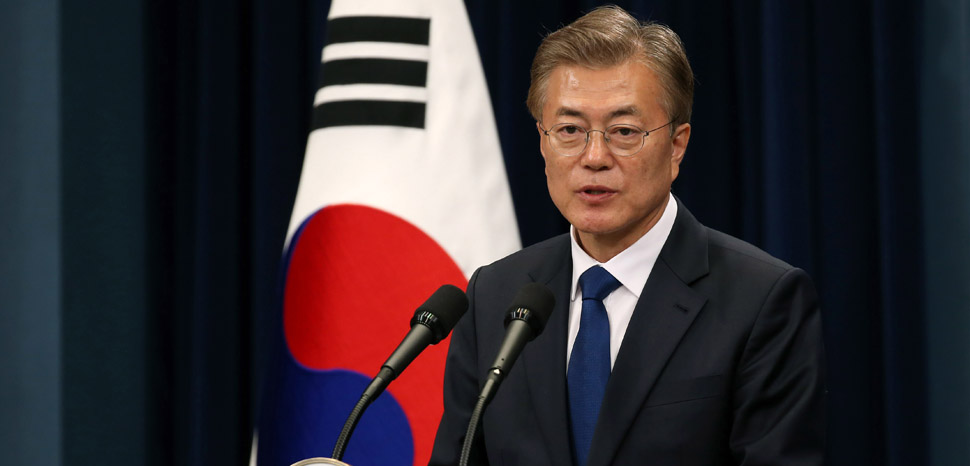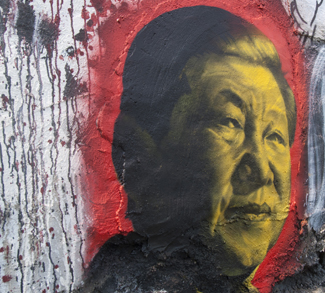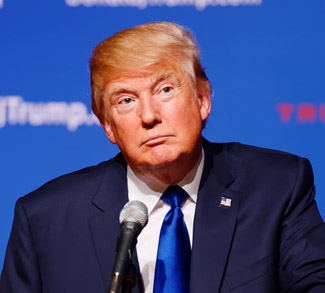Summary
The recent landmark North-South summit between the two Koreas was exceptionally cordial in light of both the stakes and the state of relations between the two governments in the recent past. It featured promises to build “lasting peace” on the divided peninsula, bringing an end to decades of simmering hostility even before North Korea’s nuclear weapons became the driving factor of regional diplomacy.
A comprehensive peace agreement is unlikely to result from one simple summit of course, but the language employed suggests a big shift in the priorities of North Korean dictator Kim Jong-un. After talking with Beijing and carefully sounding out first Seoul and then Washington, Pyongyang has calculated there’s more to be gained from conciliation than provocation – at least for now.
At the very least the world is witnessing a thawing of relations between the two Koreas and the end of the present war scare between Washington and Pyongyang. Whether all sides will be able to build on these first steps depends on how much North Korea really intends to offer the Trump administration on denuclearizing front: Will it be the bold measures alluded to by Kim himself, or the more cautious tone trumpeted in the North Korean state media?




